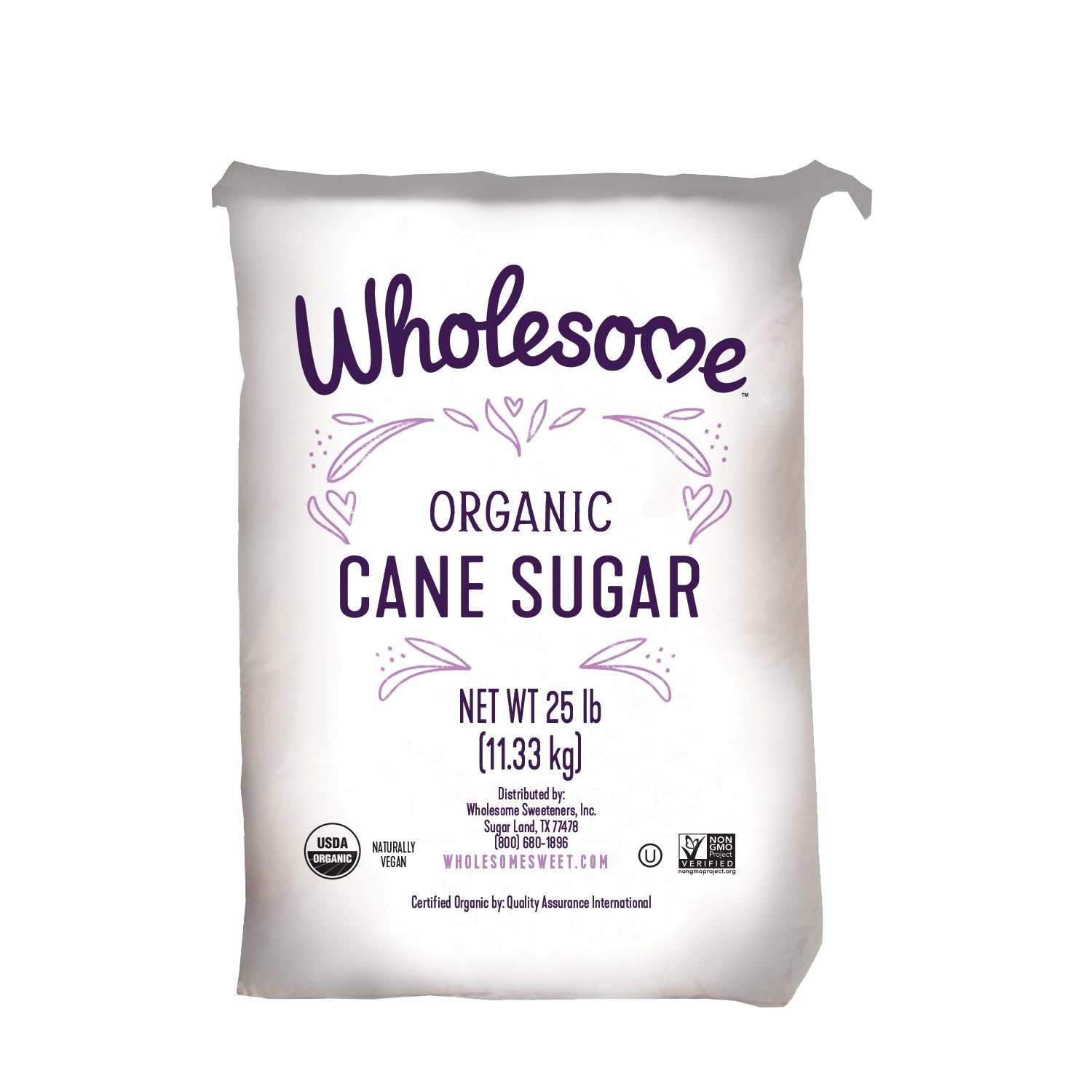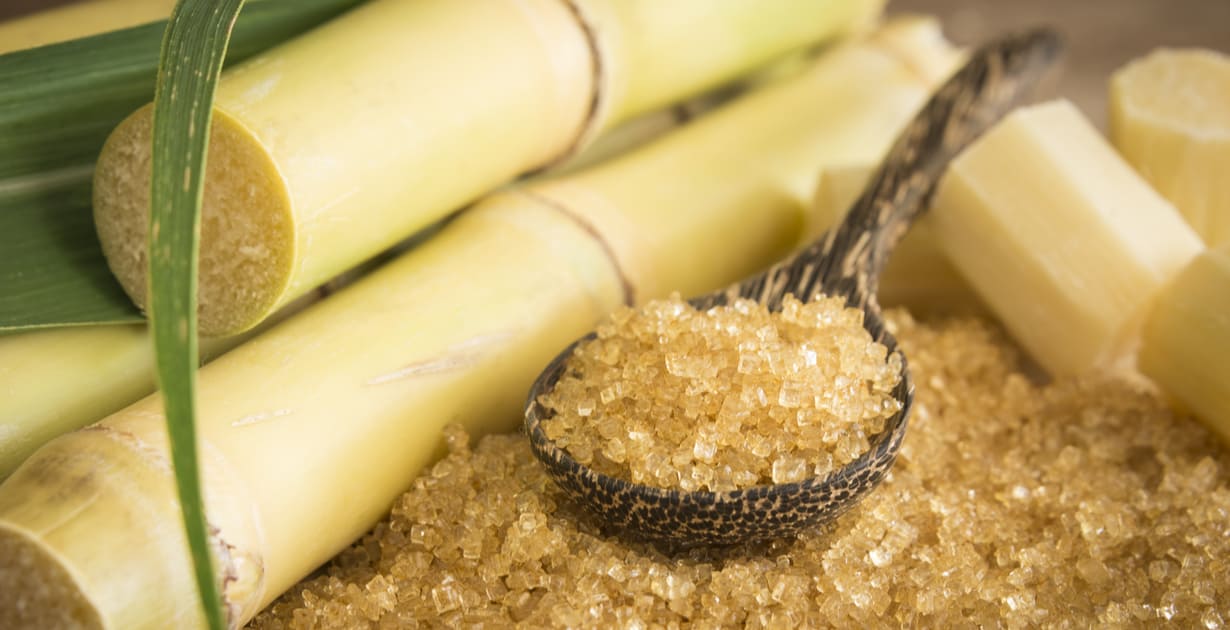Cane Sugar Processing Explained: What Happens Inside a Sugar Mill
A Thorough Summary of the Health and Economic Implications of Walking Cane Sugar Processing on Regional Communities
Walking cane sugar handling plays a pivotal role in shaping the economic landscape of local areas, supplying work opportunities and boosting supplementary industries. The health and wellness implications associated with high sugar usage can not be ignored, as they add to climbing rates of excessive weight and diabetes mellitus.
Financial Advantages of Walking Cane Sugar Processing
Walking stick sugar handling uses considerable financial advantages that extend beyond the immediate agricultural market. The farming and processing of sugarcane produce countless job chances, from farming to production and circulation. This employment generation not only supports neighborhood economic situations however also cultivates neighborhood growth by offering stable income resources for family members.
Furthermore, the sugar industry stimulates supplementary organizations, including transportation, devices supply, and product packaging services (Cane Sugar Processing). As these sectors grow, they add to an extra robust economic framework, boosting overall community resilience. The export capacity of refined walking cane sugar further amplifies economic benefits, positioning areas as competitive gamers in worldwide markets
Investment in modern processing facilities can bring about boosted efficiency and efficiency, thus minimizing waste and optimizing source use. This shift not just benefits the neighborhood economic climate but likewise supports sustainability efforts by reducing ecological effects.
Moreover, the income produced from walking cane sugar handling can be reinvested in neighborhood framework, education and learning, and healthcare, promoting alternative neighborhood development. Overall, the economic advantages of walking stick sugar processing are multifaceted, offering a structure for withstanding success in agricultural areas.
Health And Wellness Risks Connected With Sugar Usage
Extreme sugar usage presents significant health threats that necessitate significant attention. High consumption of added sugars, especially from processed foods and beverages, has been connected to various health issues.
Moreover, high sugar usage is related to heart disease. Raised blood sugar level degrees can cause insulin resistance, a precursor to different heart-related concerns. Additionally, sugar can have damaging impacts on dental wellness, causing dental caries and gum disease, as germs in the mouth prosper on sugar, producing acids that erode tooth enamel.
Furthermore, arising research suggests a possible link between high sugar consumption and psychological health and wellness conditions, such as clinical depression and anxiety. As neighborhoods face these health dangers, it comes to be vital to advertise understanding and encourage much healthier dietary choices. Resolving sugar intake is vital not only for individual health and wellness yet also for the general wellness of neighborhood areas, highlighting the need for detailed public wellness approaches.
Environmental Effects of Sugar Production
Often ignored in discussions about sugar's ramifications is the significant ecological effect of sugar manufacturing. The growing of sugarcane frequently requires considerable land usage, bring about deforestation, loss of biodiversity, and interruption of regional environments. The conversion of woodlands and wetlands into sugar vineyards can lead to habitat devastation, harmful many types and changing eco-friendly balance.
Moreover, sugar manufacturing is resource-intensive, consuming substantial quantities of water for irrigation. This can cause depletion of local water sources, detrimentally influencing both agricultural techniques and neighborhood accessibility to clean water. In addition, making use of chemical plant foods and chemicals in sugarcane farming can add to soil deterioration and water pollution, as drainage from these chemicals goes into close-by rivers and lakes, affecting water life and human health.
The ecological impact encompasses the processing phase, where power usage and waste generation further aggravate environmental issues. Air contamination from burning sugarcane areas, together with greenhouse gas exhausts, contribute to climate modification. Therefore, the ecological implications of sugar manufacturing warrant major consideration, prompting stakeholders to embrace even more Continued sustainable methods to reduce these damaging impacts on neighborhood ecosystems and areas.
Task Production and Community Advancement
The environmental difficulties posed by sugar production are often counteracted by its capacity for financial advantages, especially in job production and community advancement. The walking cane sugar market acts as a significant resource of employment in many rural locations, providing work throughout numerous skill levels, from farming labor to processing and circulation duties. This employment not only supports specific family members yet additionally contributes to the total economic vigor of local click here for info areas.
Additionally, the facility of sugar processing facilities boosts ancillary services, such as transport services, tools supply, and maintenance providers. As these companies prosper, they create additional jobs and reinforce regional economic situations. The profits generated from the sugar industry also brings about increased tax obligation revenues, which can be reinvested right into social work such as education, infrastructure, and healthcare development.
Furthermore, the sugar industry usually participates in neighborhood advancement initiatives, such as sustaining regional institutions and wellness programs, therefore boosting the lifestyle for homeowners. By cultivating strong community ties and promoting economic development, the walking stick sugar processing market plays a crucial role in uplifting regional populaces, making it an important element of sustainable development methods in sugar-producing regions.
Harmonizing Wellness and Economic Development
In navigating the intricacies of cane sugar handling, an essential difficulty depends on balancing wellness factors to consider with economic growth. The sugar sector significantly adds to local economies by producing jobs, promoting associated markets, and increasing tax revenues. Nevertheless, the health implications connected with excessive sugar intake can lead to chronic illness such as excessive weight, diabetic issues, and cardio issues, which can problem public wellness systems and reduce labor force productivity.

Furthermore, regulative structures can play a crucial role in directing sector practices in the direction of even more lasting and health-conscious strategies. By promoting partnership between government bodies, health and wellness companies, and the sugar market, areas can browse the duality of health and financial development, guaranteeing that the advantages of walking cane sugar handling are equitably shared while prioritizing public wellness.
Final Thought
Finally, the processing of cane sugar presents both significant economic advantages and remarkable health and wellness risks for local neighborhoods. While it promotes job production and boosts local growth, the associated health concerns, especially concerning weight problems and diabetes mellitus, demand a mindful harmonizing act. By advertising liable usage and investing in area education and sustainable practices, it is possible to make best use of economic benefits while reducing unfavorable health impacts, therefore ensuring a much healthier future for neighborhood populaces.
Furthermore, sugar can have harmful impacts on oral health, resulting in cavities and gum tissue condition, as microorganisms in the mouth grow on sugar, generating acids that wear down tooth enamel.
Resolving sugar intake is important not only for individual health and wellness but additionally for the total well-being of neighborhood areas, stressing the requirement for comprehensive public wellness methods.
Frequently overlooked in conversations about sugar's ramifications is the significant environmental influence of sugar production. The wellness implications linked with extreme sugar intake can lead to chronic conditions such as excessive weight, diabetes mellitus, and cardio issues, which can worry public health and wellness systems and decrease workforce performance.
